Projects
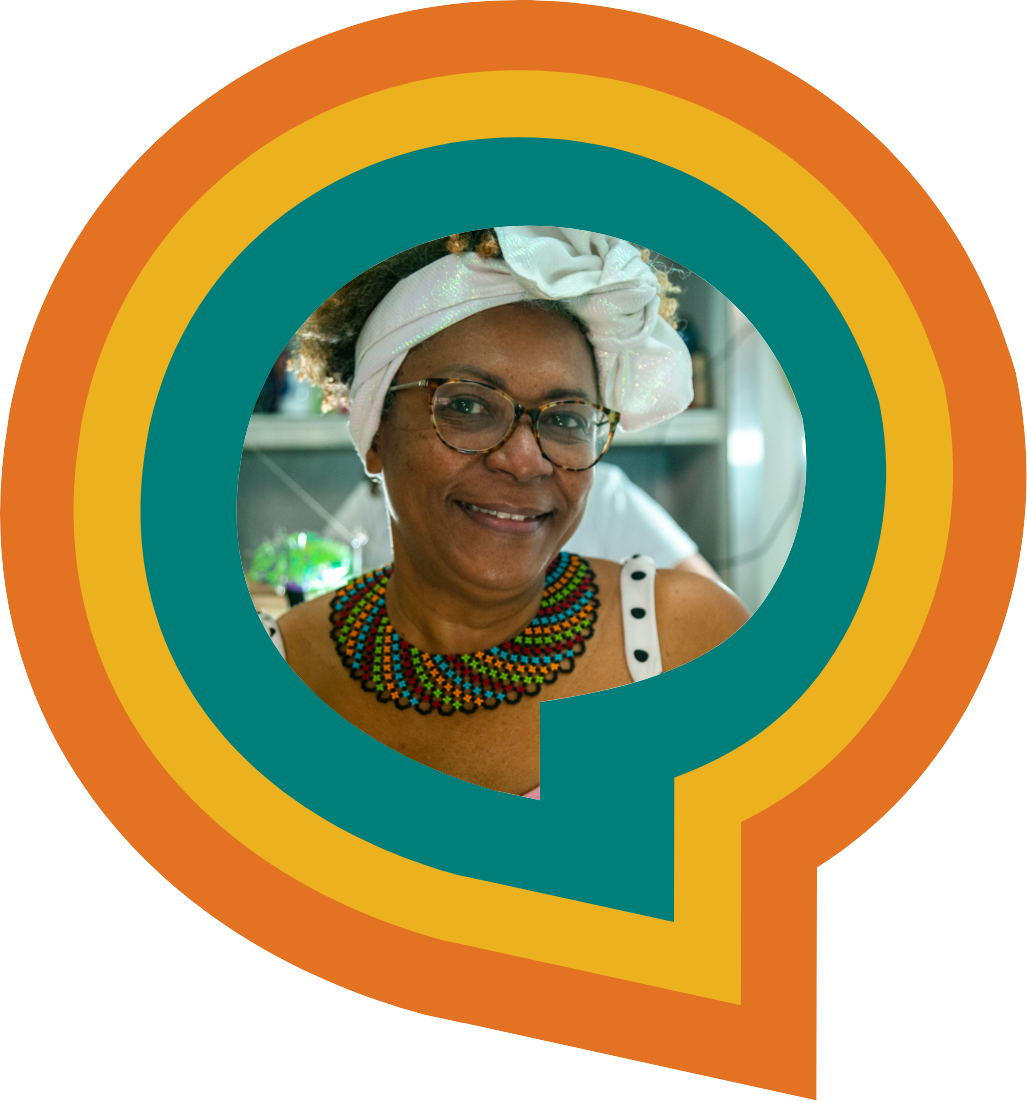
Vale Foundation’s projects and initiatives are developed and structured on Education, Basic Health, Productive Inclusion, and Social Protection, and include five Knowledge Stations. The projects are implemented in the territories in which Vale operates. On this page, you can learn more about the projects and filter considering the theme, the state or the city of operation.
AFM at Knowledge Stations
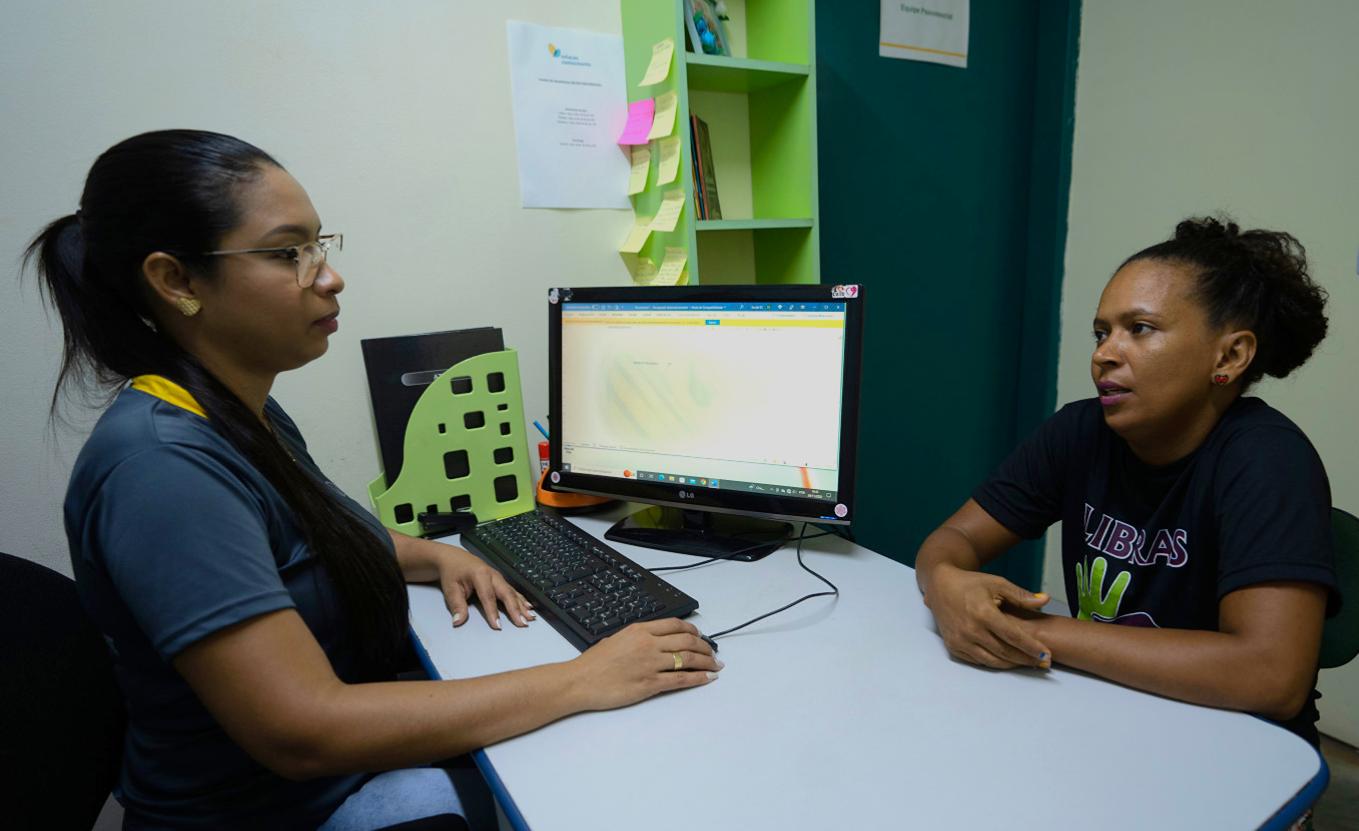
The Vale Foundation, with its extensive experience in strengthening public policies, established a partnership with Vale in the company’s commitment to support the movement of 500,000 people out of situations of extreme poverty by 2030.
To this end, the Vale Foundation leads the implementation of initiatives at the Marabá, Tucumã, Arari and Serra Knowledge Stations that use the Multidimensional Family Monitoring (AFM) methodology to help vulnerable families access essential rights and develop their autonomy. The actions consider five areas for approach (education, income, health, nutrition and infrastructure) and have as investment partners Wheaton Precious Metals (Marabá) and Hatch (Tucumã).
Agir – Support for Income Generation and Increase
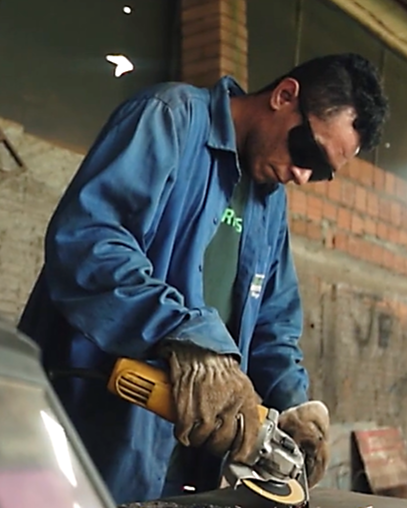
The Agir program – Support for Income Generation and Increase works to incubate and accelerate social businesses through training, technical advice, mentoring in financial management, governance, formalization, production and marketing of local businesses. Entrepreneurs are involved in all these stages so that, by the end of the program, their business models become autonomous. The aim is to engage associations, cooperatives and formal and informal productive groups to promote inclusion and better living conditions for the community. Currently, the Agir program is implemented in partnership with Impact Hub.
Babassu Coconut Breakers Project
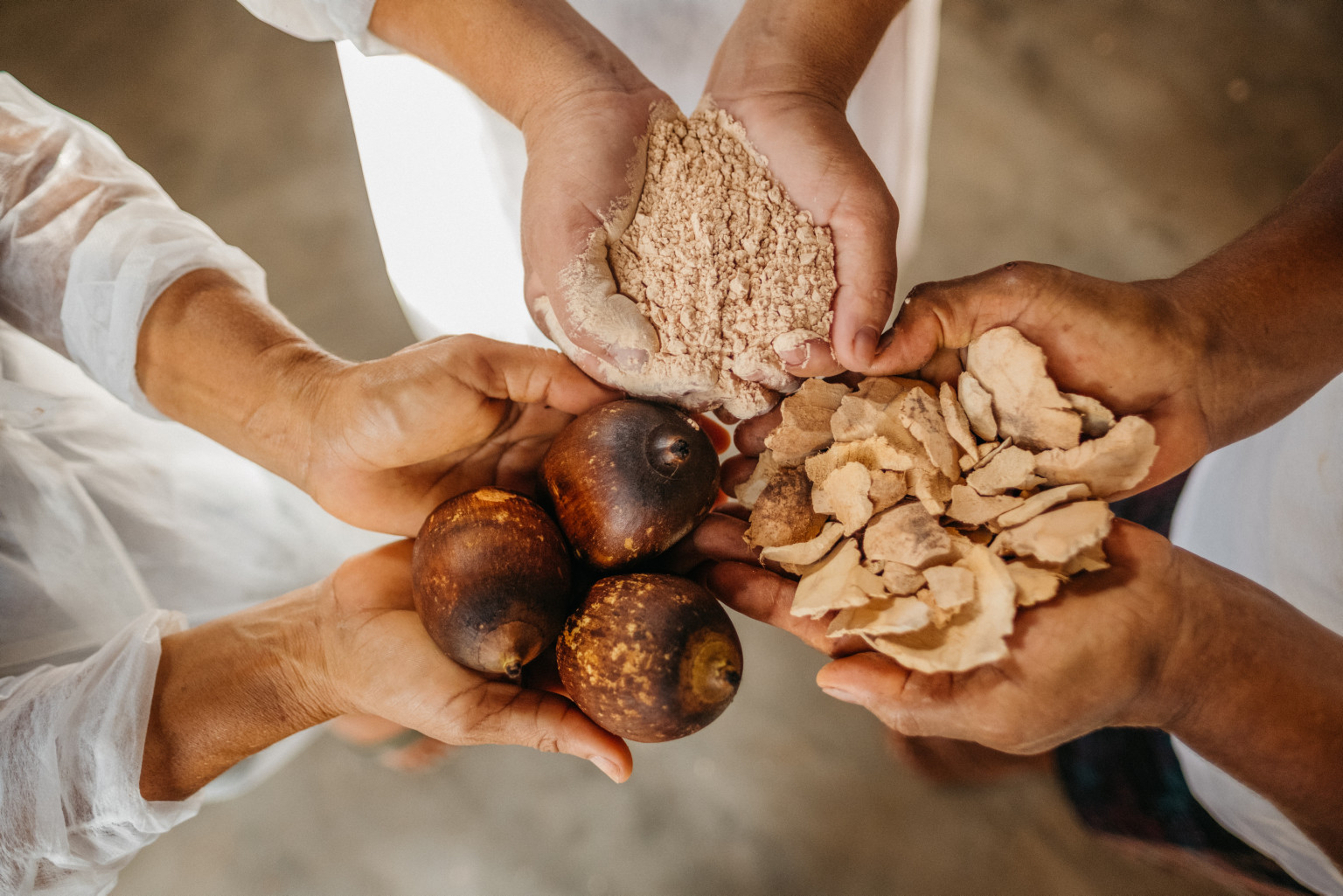
The Vale Foundation, with its extensive experience in strengthening public policies, established a partnership with Vale in the company’s commitment to support the movement of 500,000 people out of situations of extreme poverty by 2030. The Babassu Coconut Breakers Project is one of the Vale Foundation initiatives promoted with this objective. Conducted in partnership with Mandú Inovação Social, it has resources from Wheaton Precious Metals and the Brazilian Development Bank (BNDES) via the Socio-Environmental Fund.
The project focuses on Multidimensional Family Monitoring and community entrepreneurship with the aim of contributing to improving the living conditions and to valuing the craft of babassu coconut breakers in the state of Maranhão. It involves groups of coconut breakers from seven municipalities in Maranhão: Alto Alegre do Pindaré, Vitória do Mearim, Santa Inês, Igarapé do Meio, Pindaré Mirim, Tufilândia and Monção.
Councils Strengthening Program
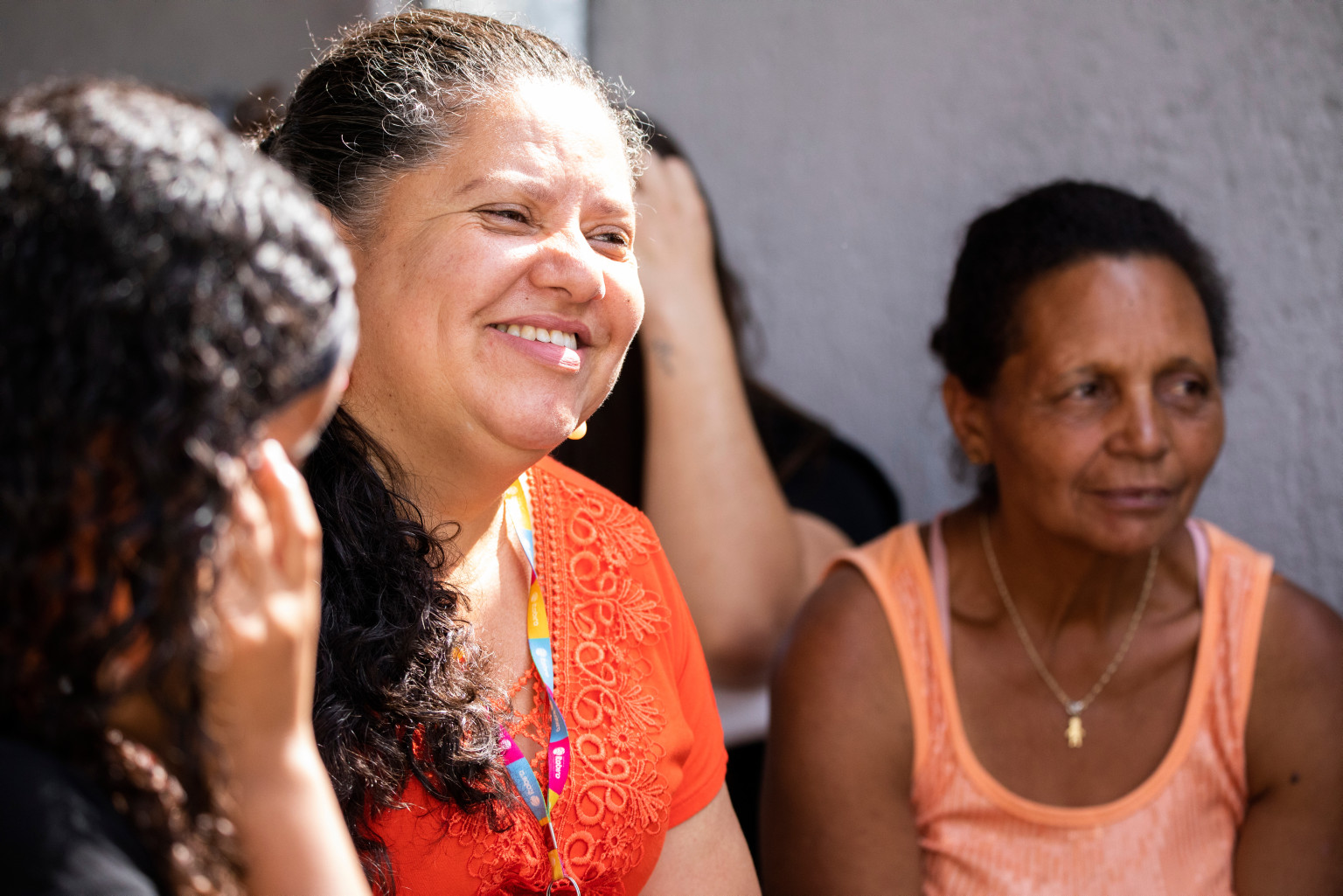
The Councils Strengthening program is an initiative of the Vale Foundation that encourages better use of Vale’s incentivized resources for the Children and Adolescents´ Rights Fund and the Elderly Fund. Implemented in partnership with Mmuller, its main objective is to contribute to strengthening the management and performance of the Rights Councils in public policies, addressing issues such as regularization processes, planning, use of funds’ resources, transfers to civil society organizations, monitoring of resource execution, transparency and accountability.
Food and Nutritional Security
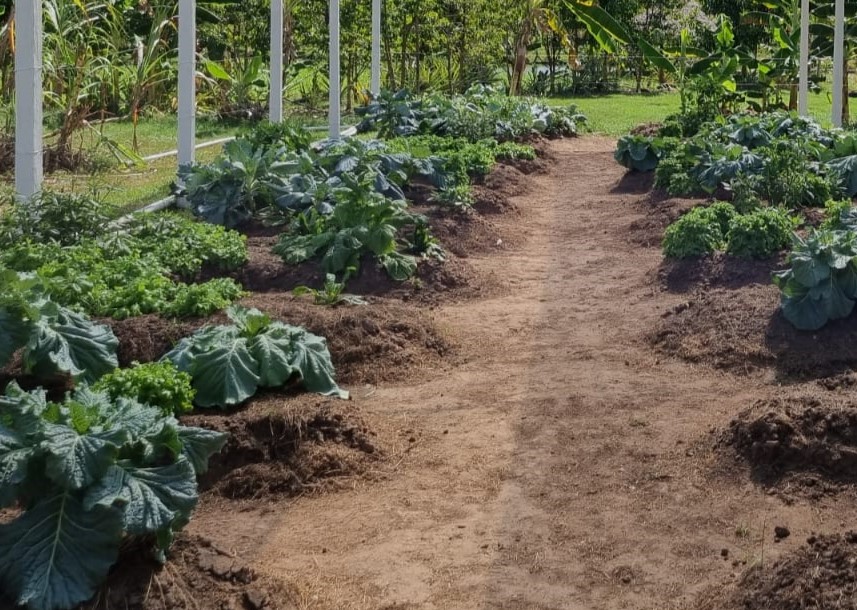
The project aims to support the structuring of sustainable rural production arrangements for family farmers in Minas Gerais and Maranhão. It is carried out in partnership with Instituto Meio and with complementary investments from BNDES within the scope of the Socio-Environmental Fund.
Health and Social Protection Cycle
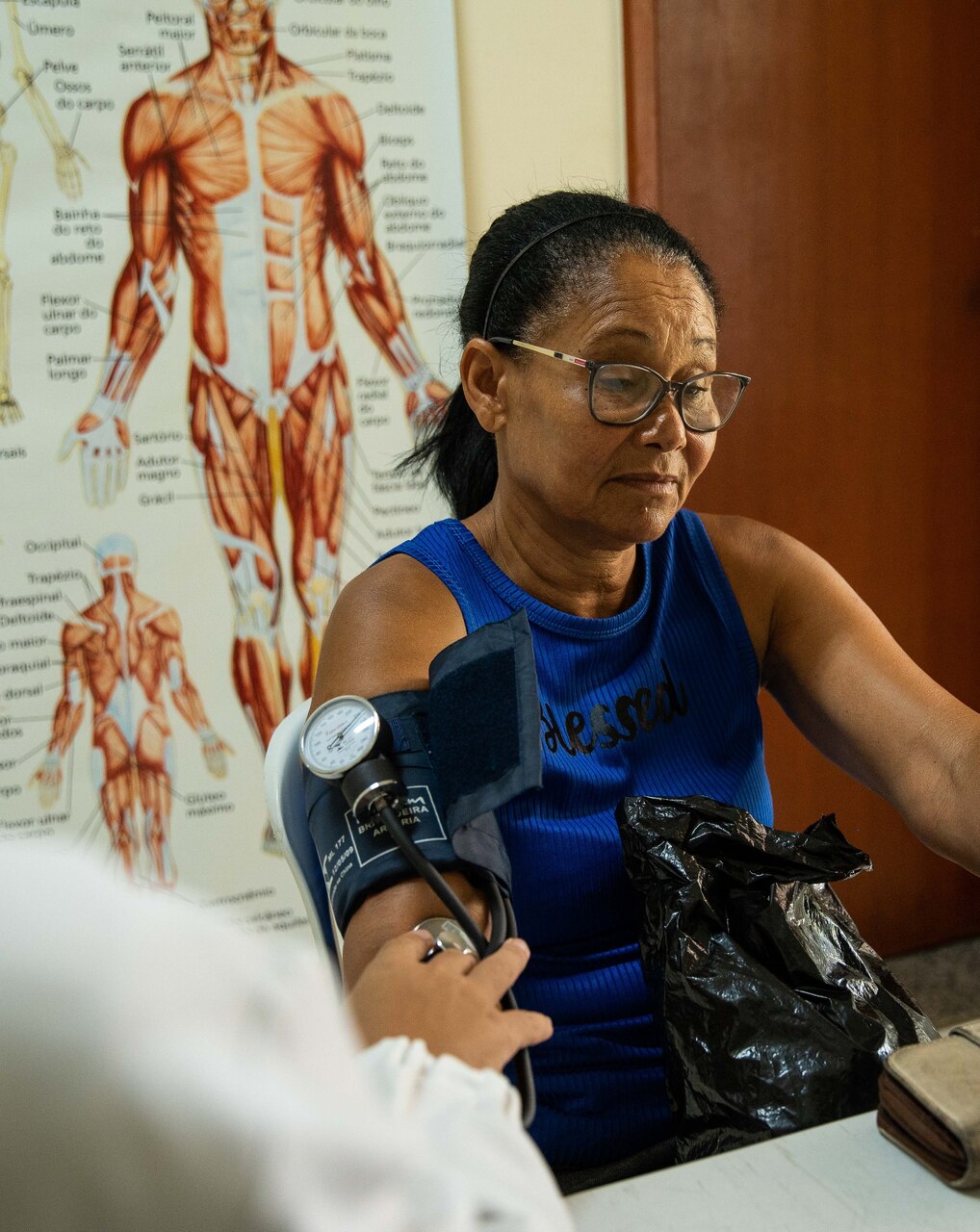
The Health and Social Protection Cycle aims to strengthen disease prevention actions and promote primary health care as a cross-cutting policy of the Unified Social Assistance System (SUAS). The actions are organized based on the experience accumulated by the Health Cycle project in the territories, with an emphasis on participatory methodologies that are recognized and produce effective results.
The project develops actions to encourage a culture of intersectoral work, foster the ongoing education of managers and professionals in the areas of Health and Social Assistance, expand the performance of Primary Health Care and Social Assistance and provide better technical and material conditions for actions that make a difference in the territories, in order to improve social and health indicators.
Implemented by the Health Promotion Center (Cedaps), the Health and Social Protection Cycle is conducted in collaboration with municipal departments and has the technical cooperation of Estácio, Unifesspa and PUC-Rio universities, in addition to investments from Wheaton Precious Metals and the Brazilian Development Bank (BNDES), through the Together for Health fund.
Knowledge Stations
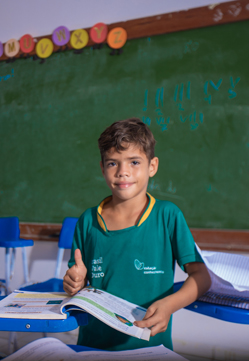
The Knowledge Stations are spaces maintained by the Vale Foundation that offer educational, cultural, and sports activities in after-school hours, having children and teenagers from 6 to 17 years old as the main target audiences. Through their programs, they contribute to the social development of the communities, fostering creativity, innovation, partnerships articulation, participation and sharing of actions among public entities, organized civil society and communities, valuing the characteristics of each region.
There are five Knowledge Stations in operation, located in the municipalities of Arari (MA), Brumadinho (MG), Serra (ES), Marabá and Tucumã (PA). They are independent institutions, maintained mainly with direct resources from the Vale Foundation, in addition to incentivized resources from Vale and resources from investment partners: Wheaton Precious Metals (Marabá, Tucumã and Arari), Posco (Marabá, Tucumã and Arari), CXHI (Marabá) and Hatch (Tucumã). The incentivized resources come from the Childhood and Adolescence Fund (Municipal Councils for the Defense of Children and Adolescents) and the Sports Incentive Law (Special Secretariat for Sports).
Literacy Trails
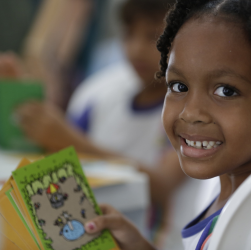
The Literacy Trails program seeks to contribute to the full literacy of children in public schools in the municipalities where Vale operates. The actions include training educators and technical teams from the State and Municipal Education Departments, production and distribution of complementary teaching materials and mobilization of the school community for literacy.
In Maranhão, the initiative is carried out in partnership with 24 neighboring municipalities of the Carajás Railroad and the Getúlio Vargas Foundation (FGV).
In Pará, 8 municipalities where Vale operates are partners in the project (Bom Jesus do Tocantins, Canaã dos Carajás, Curionópolis, Eldorado do Carajás, Marabá, Ourilândia do Norte, Parauapebas and Tucumã), which is carried out in partnership with FGV and has investments from Wheaton Precious Metals and BNDES through the Socio-Environmental Fund.
In Rio de Janeiro, the project takes place in partnership with the city councils of Itaguaí and Mangaratiba and, in Minas Gerais, with the city councils of Catas Altas, Rio Piracicaba and Santa Bárbara, being implemented by Roda Educativa in both states.
Networked Territories
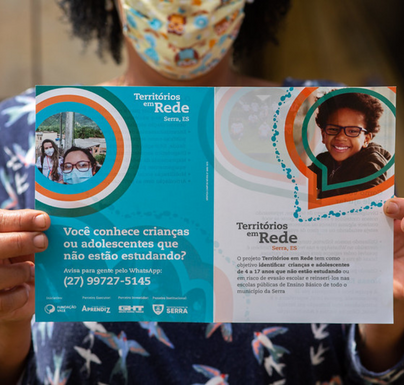
The Networked Territories program aims to identify the main challenges related to the development of municipalities, proposing a set of actions to ensure the confrontation of school exclusion and to carry out an in-depth diagnosis of the challenges experienced, in addition to promoting the articulation of governmental and non-governmental sectors for the development of policies and actions in different areas.
The initiative is carried out by Cidade Escola Aprendiz and has Wheaton Precious Metals, Komatsu and Keda (KHDI) as investing partners. The project is currently active in 16 municipalities in the states of Pará, Espírito Santo, Minas Gerais and Rio de Janeiro.